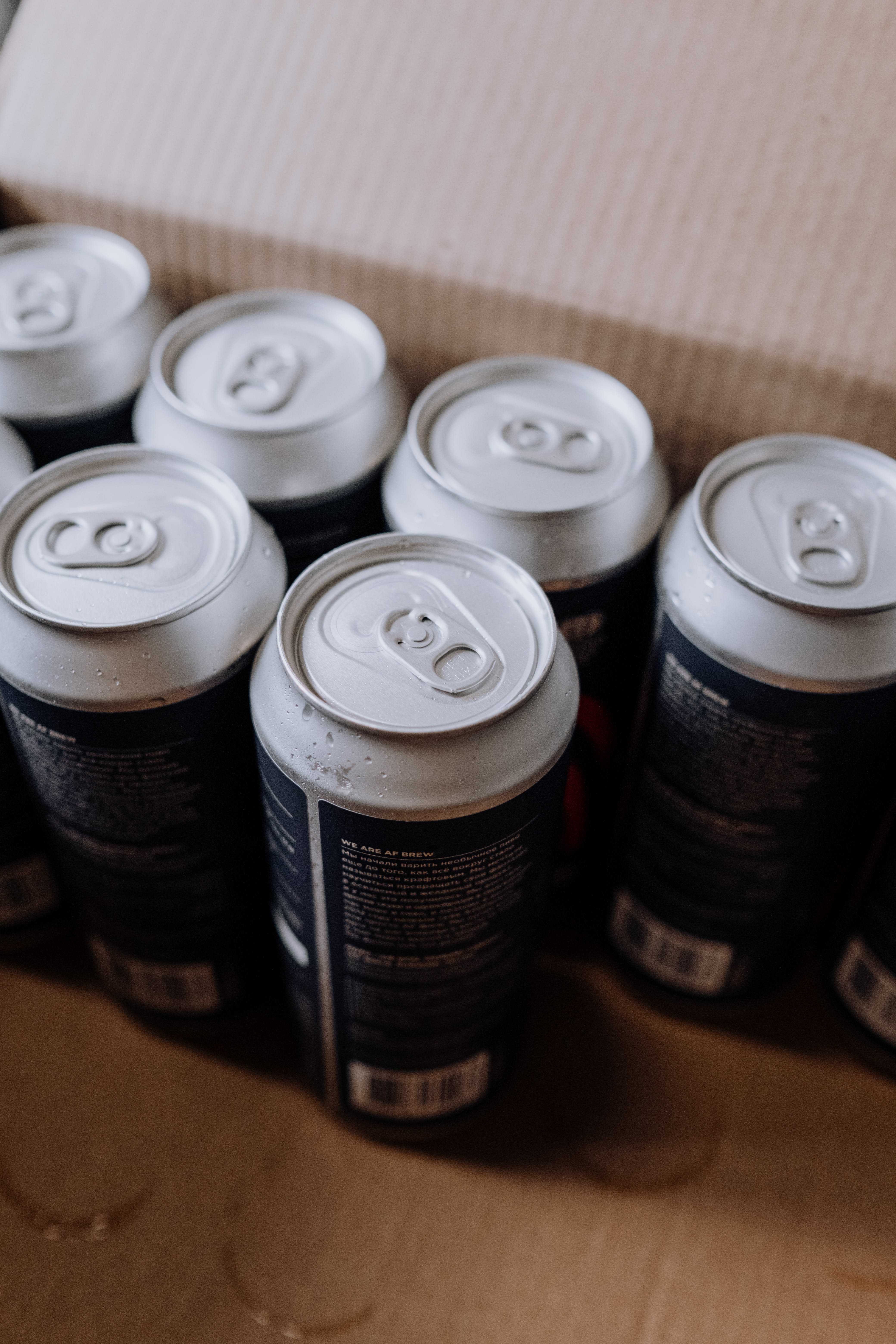
Customers visiting the retailer’s Two Rivers Shopping Centre Store in Staines will be able to choose from more than 50 lines of refillable products, including pasta, rice, cereal, confectionary and frozen fruit. Products will be housed in reusable dispensers and customers will be encouraged to bring their own reusable containers, or to use paper bags available in-store.
M&S first launched its ‘Fill Your Own’ offering on a trial basis in its Hedge End store in Southampton in the latter half of 2019. During the trial, 25 of the 44 lines outsold their pre-packaged counterparts. Across all 44 lines, more than 2,600kg of loose product was sold over a three-month period.
This success prompted the retailer to make the format a permanent offering in Hedge End, and to announce a broader rollout in March. Plans for additional stores were put on hold due to Covid-19 but have now been resumed, with new stores set to be added in 2021.
To make the offering Covid-19-safe, M&S has installed hand sanitisers near the refill stations. It has also chosen to post staff at the refill stations to help customers fill, weigh and pay safely. The business has revealed that four in ten refillable lines have outsold pre-packaged options in 2020 so far, in spite of the pandemic.
“As we continue testing and learning from Fill Your Own, it’s clear that demand for refillables remains strong; we know families particularly enjoy shopping the concept as a fun activity, so our new store in the popular Staines shopping centre is the ideal next location for Fill Your Own,” M&S Food’s director of food technology Paul Willgoss said.
“But most importantly, our customers care about the issue of plastic and this initiative is just one part of our plan to help them reduce, reuse and recycle – because we know our actions today will help to protect the planet tomorrow.”
Plastics strategy
M&S’s broader plastics packaging strategy – which is embedded in its Plan A for sustainability – is headlined by a 2022 ambition that packaging that could end up with customers will be “widely recycled”. As part of its aim, the retailer is planning to develop one recyclable plastic polymer for use across all of its plastic packaging and removing plastics from products such as clothing, cotton buds and coffee pods.
On reuse, M&S has plumped for individual incentive schemes rather than setting time-bound, numerical targets. It offers customers at all stores with cafes a 25p discount on hot drinks to go when they bring a reusable cup and offers free water refill stations at several stores. A more recent addition to its refill offering was the introduction of a 25p discount for customers bringing reusable containers for food-to-go from its Market Place counters. These can be found in 23 stores and offer both hot and cold lunch options.
Refill revolution
Given that only 9% of all plastic ever made has been recycled – and with 82% of UK shoppers now stating that the amount of plastic packaging produced by companies needs to be “drastically reduced” – M&S is not alone in expanding its investments in refill.
Waitrose & Partners’ ‘Unpacked’ scheme, launched last year, was so well-received by shoppers that it was rolled out ahead of schedule. This year saw Asda launch a similar offering at its store in Middleton, Leeds.
Amid initial lockdown restrictions in spring, many retailers were forced to close stores with refill or packaging-free offerings, including Lush and The Body Shop. Elsewhere on the high street, some supermarkets removed loose fruit and veg; some coffee shops stopped accepting refillable cups and some of City to Sea’s busiest Refill stations were closed or experienced a sharp drop in footfall.
The refill movement seems to be slowly but surely gaining traction once more – but efforts will need to scale dramatically if businesses are to rise to the scale of the global plastic pollution problem. The Ellen MacArthur Foundation has calculated that just 2% of the products sold by the world’s biggest consumer goods firms this year came in reusable packaging.
By Sarah George
Source Edie



